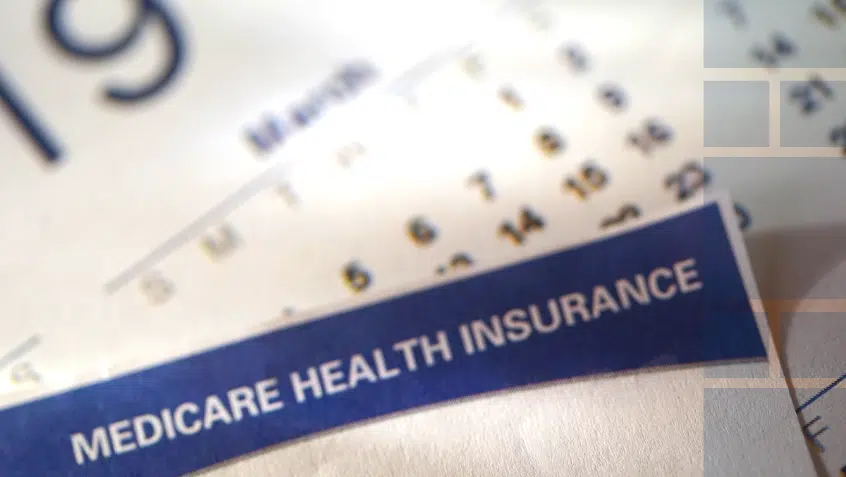Join Us Live for a Discussion on Medicare, Democracy, and the Future of Health Care
Advocates Reinforce Support for Part B Drug Payment Model and Recommend Improvements

Earlier this year, the Centers for Medicare & Medicaid Services (CMS) Innovation Center proposed a demonstration to test new strategies to pay for medications that are covered under Medicare Part B. Most prescription medications are covered under Medicare Part D, but some (mostly those administered by a doctor) are paid for under Part B.
The proposed demonstration has two phases. In the first phase, the Innovation Center will alter reimbursement for Part B medications. Specifically, the model aims to neutralize payment incentives that may cause some physicians to rely on higher cost medications even when equally effective, lower cost alternatives are available.
In the second phase, the Innovation Center will test value-based payment strategies already in use in the private health insurance market. These include:
- reducing or eliminating beneficiary cost sharing for high-value options;;
- setting a standard price for medications that function similarly;
- paying more for a medication that is used to treat a condition when it has high effectiveness, and less for the same medication that is used to treat illnesses when it may be less successful; and
- securing rebates or refunds from pharmaceutical companies if medications are less effective than expected.
This week, the U.S. Senate Finance Committee held a hearing on the proposal. Medicare Rights, AARP, and a broad coalition, including consumer and patient advocates, physician groups, labor unions, and others, submitted a letter to the Senate Finance Committee in support of the proposal saying, “Our support for the model is informed by our shared commitment to bipartisan efforts to transition Medicare from a volume-based system to one that reimburses based on health care quality and innovation. The proposal is aligned with these goals… Delivery and payment system reforms advanced through [the Innovation Center] allow policymakers to adequately test and evaluate pioneering models intended to enhance quality and lower costs.”
The coalition strongly believes the demonstration should go forward but recommends some improvements, including:
- Create a dedicated ombudsman program;
- Publicly release a monitoring and corrective action plan;
- Establish a multi-stakeholder advisory panel;
- Draw on best practices for beneficiary outreach and education; and
- Carefully consider limits to the size and scope of the demonstration.
Read the letter:
Show Comments
We welcome thoughtful, respectful discussion on our website. To maintain a safe and constructive environment, comments that include profanity or violent, threatening language will be hidden. We may ban commentors who repeatedly cross these guidelines.
Help Us Protect & Strengthen Medicare
Donate today and make a lasting impact
More than 67 million people rely on Medicare—but many still face barriers to the care they need. With your support, we provide free, unbiased help to people navigating Medicare and work across the country with federal and state advocates to protect Medicare’s future and address the needs of those it serves.
The Latest
Most Read
Add Medicare to Your Inbox
Sign up to receive Medicare news, policy developments, and other useful updates from the Medicare Rights.
View this profile on InstagramMedicare Rights Center (@medicarerights) • Instagram photos and videos









